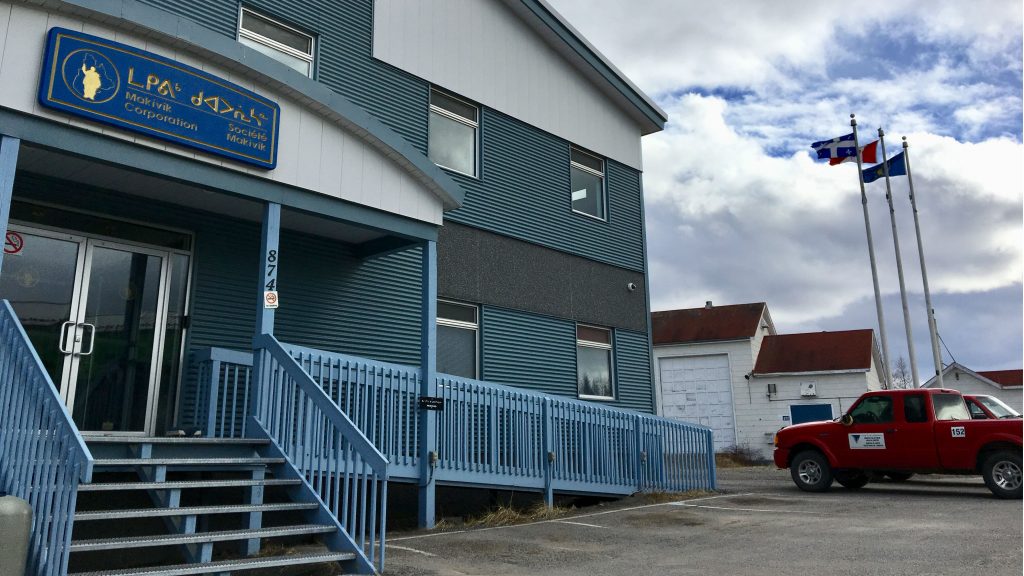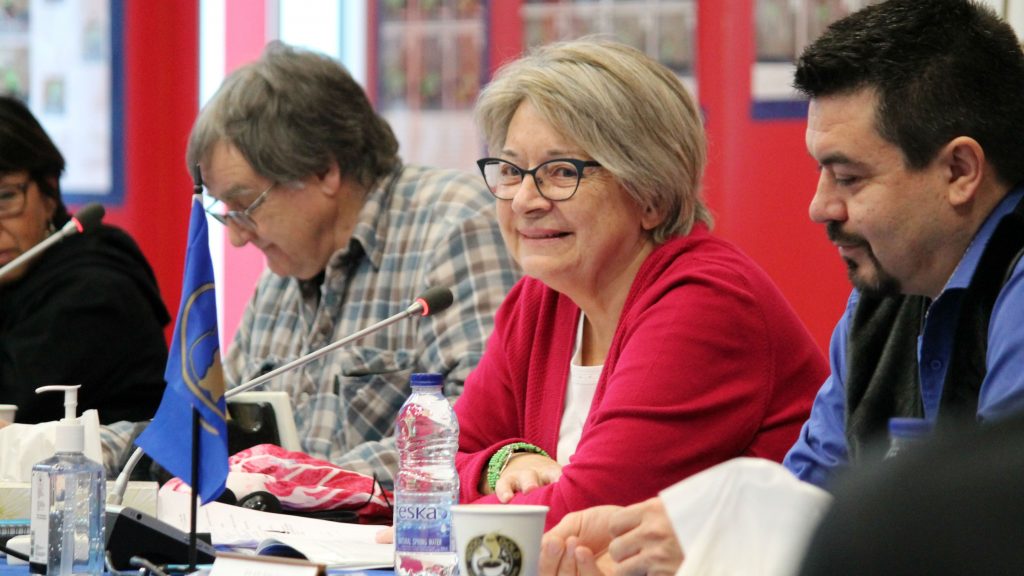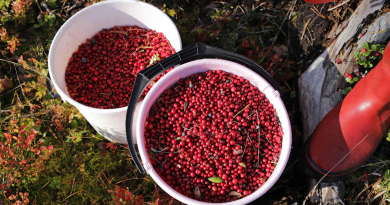Quebec Inuit pass self-determination resolution

Delegates at the annual general meeting of Makivik Corporation passed a resolution last week supporting negotiations towards self-government in Nunavik, the Inuit region of Arctic Quebec.
Charlie Watt, the president of Makivik, the organization that represents the Inuit of northern Quebec, said the resolution shows renewed support for the process.
“(The delegates at the Makivik AGM) support the establishment of a process for Makivik to engage in negotiations regarding self-determination for the Nunavik Inuit;” he said in a news release on March 21 after the meeting in the Nunavik community of Aupaluk.
“Makivik will keep Nunavik Inuit and Nunavik organizations informed and involved in the progress and status of the negotiations.”
Self-government plan previously rejected
Quebec Inuit previously voted “no” to a self-government plan in 2011.
The agreement had been drafted by Ottawa, the province of Quebec and Makivik Corporation.
However, it was rejected by 70 per cent of the voters at the time.
But in recent months, the project has been relaunched.
In May 2018, Makivik held a meeting involving all major Nunavik organizations, where a declaration was passed giving Makivik the mandate to `…establish an Indigenous Government based on Inuit values, heritage, identity, culture and language.
In a February 2019 meeting, Makivik received the mandate to create a task force that will develop a Nunavik Constitution in consultation with the Nunavik Inuit.

Mary Simon, Canada’s former Arctic Ambassador and Ambassador to Denmark, as well as former President of Makivik Corporation, the Inuit Circumpolar Council (ICC) and Canada’s national Inuit organization, Inuit Tapiriit Kanatami (ITK), has been named Chief Negotiator of Nunavik Self-Determination and Inuit government.
Simon is originally from the Nunavik community of Kuujjuaq.
Ottawa began negotiations with Makivik in October on a draft Memorandum of Understanding (MOU) that will guide the negotiations, the news release said.
“I’m proud to be working with Mary Simon on this again,” Watt said. “We have been engaged in this process for decades, and it has gained tremendous momentum in the last year.
“The legal framework that has evolved over the years, notably our Aboriginal rights in the Canadian Constitution, and more recently the UN Declaration on the Rights of Indigenous Peoples are the foundation on which we are building our self-determination. We are working towards governing our own affairs based on Inuit values, heritage, identity, culture, and language.”
The Nunavik region is made up of 14 communities with a population of around 13,000 people.
Write to Eilís Quinn at eilis.quinn(at)cbc.ca
Related stories from around the North:
Canada: Northern Canada: Denes and Métis sign self-governance agreement in principle for Sahtu region, CBC News
Finland: UN Committee blasts Finland over electorate ruling for Sami Parliament, Yle News
Norway: Injustices against Sámi, Kven peoples to be examined by commission in Norway, The Independent Barents Observer
Sweden: Inuit, Sami leading the way in Indigenous self-determination, study says, CBC news
United States: ‘We are caribou people’: First Nations leaders in Washington to push for ANWR protection, CBC News



